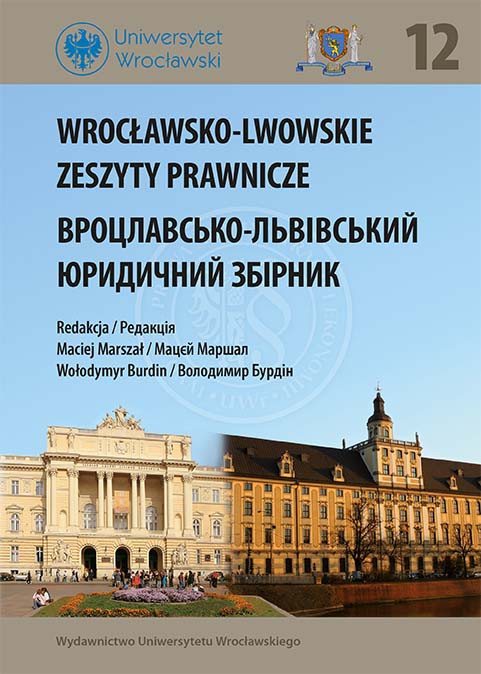Судова експертиза у кримінальному провадженні Франції як один зі способів досягнення матеріальної (об’єктивної) істини
The judicial examination in the criminal proceedings of France as one of the ways to achieve substantive (objective) truth
Author(s): Kateryna Shunevych, Yurii PikhSubject(s): Law, Constitution, Jurisprudence, Criminal Law
Published by: Wydawnictwo Uniwersytetu Wrocławskiego
Keywords: investigating judge; court; forensic expert; expert opinion; free evaluation of evidence; material (objective) truth
Summary/Abstract: The article provides a comprehensive analysis of the features of the French criminal process, as well as its impact on the organization of forensic support of the judiciary in France. The importance of forensic examination to achieve the material (objective) truth in criminal proceedings is substantiated.In particular, it was emphasized that today the criminal process of France as a state with a mixed form of the criminal process embodies the concept of material (objective) truth, which involves understanding the truth as the conformity of the facts and circumstances established in the process of proving with regard to a certain reality, which are relevant for criminal proceedings, to this reality.The main subjects of criminal proceedings, who are obliged to achieve such truth in France, are the investigating judge and the court, which, among other things, have the right to involve experts and entrust them with examinations, including on their own initiative.It is established that the peculiarities of the process that dominates the state directly affect the procedure for involving a forensic expert in criminal proceedings. The procedure of involving an expert and conducting a forensic examination in the French criminal process, the rights of the parties in involving a forensic expert and the procedural status of the latter are analyzed.The requirements for a person wishing to carry out forensic activities are defined. The peculiarities of maintaining registers of forensic experts and their significance have been clarified. It is argued that the existence of such official lists of forensic experts does not necessarily indicate the appropriate competence and high professional level of experts. The requirements for the expert's opinion and the peculiarities of the expert's interrogation based on the results of his expert research have been studied.It has been proved that the achievement of the truth in a case is its “raison d'être”, that is, “meaning of existence” of the criminal process in France. This orientation of the criminal process in this state has its direct impact on the legal regulation and practice of organizing and conducting a forensic examination.Moreover, it is concluded that the expert's opinion is one of the important means of establishing the material (objective) truth in criminal proceedings in France, provided that it meets the requirements of such a document, as it is an independent source of evidence in the case, and, therefore, can be used as a basis for accusation or acquittal of a person.
Journal: Wrocławsko-Lwowskie Zeszyty Prawnicze
- Issue Year: 12/2021
- Issue No: 1
- Page Range: 211-226
- Page Count: 16
- Language: Ukrainian

